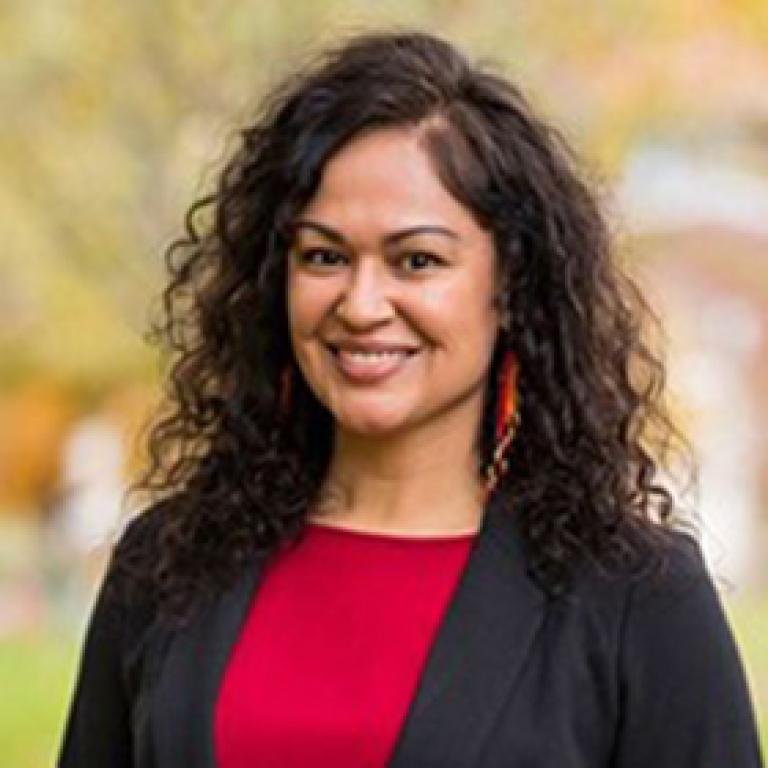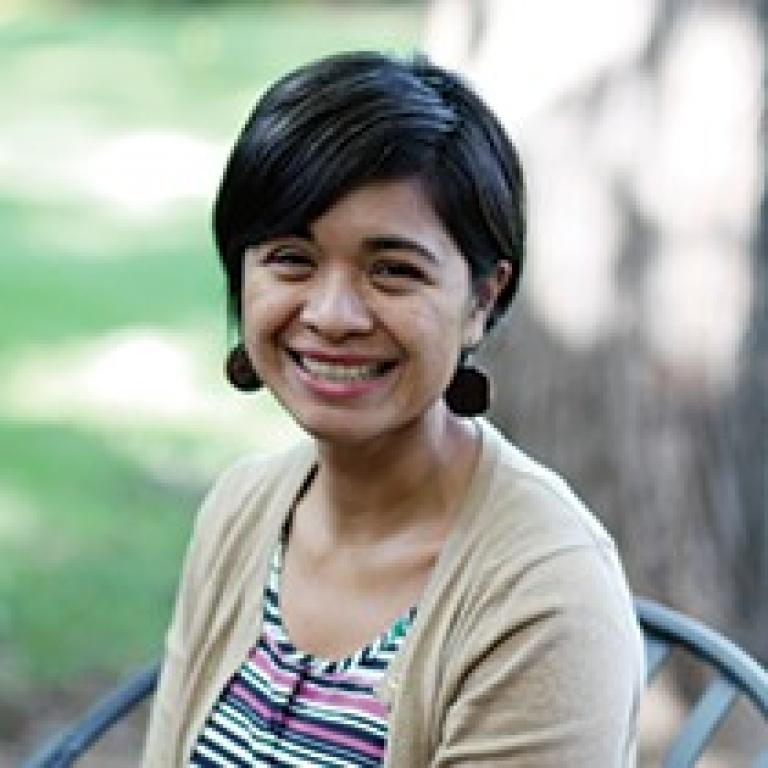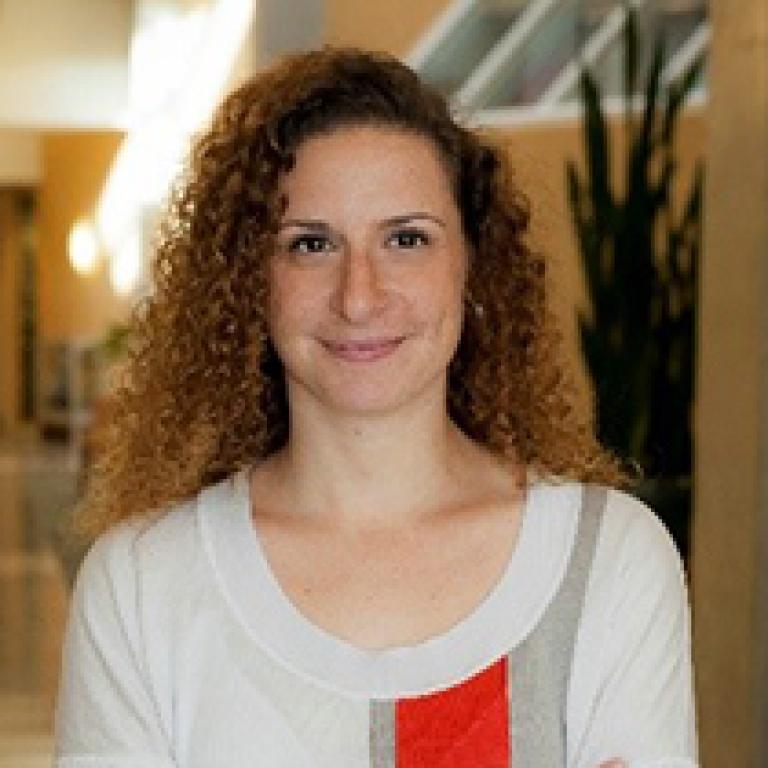News
‘We need to get our own house in order’: Social work PhDs push the field to center anti-racist and decolonizing practice
After George Floyd’s killing shook communities already grappling with the inequities of a pandemic, doctoral students at the University of Minnesota School of Social Work took the challenge of dismantling systemic oppression straight to their own field. Current students and recent graduates of the program have requested that the Council on Social Work Education (CSWE) explicitly include “settler colonialism and anti-racist pedagogies” in the competencies of the educational policy and accreditation standards.

This important addition of settler colonialism as it identifies and deconstructs the root causes of racism, oppression, power, and white privilege has been led by PhD student Cary Waubanascum, who studies ways Indigenous Peoples have been racialized and erased from society. “As a settler nation-state, the U.S. has continuously justified the elimination of Indigenous Peoples with racist and religious ideology through a myriad of policies, events, and systems.”
She notes that settler colonialism manifests in modern America in the form of continued Indigenous erasure, marginalization, and assimilation through various means, including professions like social work. Waubanascum argues that “settler colonialism and Indigenous erasure is part of social work by the very formation of the profession and what is missing, because it is based on a very particular, Western worldview.”
School of Social Work doctoral students seek to shift that lens of practice toward one that centers decolonizing worldviews, values, texts, and voices.
In their letter to CSWE, they envision a future workforce that not only has a more complete historical framework to reference, but who can connect it to the ways that historical trauma persists today. “As the future leaders of this profession, we are asking for the CSWE Commission of Education Policy to not just revise the competencies of the education policy and accreditation standards but engage the nation’s schools of social work and social welfare to develop a robust and courageous settler colonialism and anti-blackness curriculum and learning environment for its students.”

Raiza Beltran, a recent graduate of the PhD program, sees the field at a tipping point. She argues that “in research, we have long examined the issues surrounding structural racism and its brutal and deadly effects, particularly among communities of color – this is apparent in the inequitable COVID-19 infection rates among Black and brown communities and the killing of young Black people by the police. The social work discipline needs to be at the forefront in these social movements – we need to show up for the communities that we have long worked with, center their voices, and partner with them to bring about community-led solutions.” As a former journalist, Beltran sees the role of storytelling as essential to this centering: “instilled in me is the journalistic value of telling people’s stories to inform and influence powerful institutions and enact policy changes that would improve the conditions of the communities I work with.”

Jessica Mendel’s PhD research examines white fragility and ownership of privilege, as well as social work education, and she sees policy advocacy within the academy as essential to narrowing inequities. “I think any anti-oppression work has to directly or indirectly relate to policy–because whether we are aware of it or not, policy dictates almost every aspect of our lives. The way our current system is structured, policy serves some of us, while further disenfranchising others. So part of my job as a social work researcher and educator, is to identify the ways in which policy does not serve, and work to rectify that.”
As these PhD students and their peers push action to forefront of research, they echo one another that this work has to start with the profession itself. “For social work, the time of critical self-reflection is now,” says Beltran. “I think we’ve steered away from the grounding values of our profession and have been much more eager to work closely with inherently racist and systematically harmful social institutions. We haven’t been able to look at these programs through the eyes of the people we work with who are kept vulnerable, generation after generation, in order for our profession and these institutions to survive.”
Waubanascum has taken a similar critical gaze in her research applying a settler colonial framework to the work she has aimed to shift since becoming a social worker. “As a Native American woman, I grew up having a not-so-great view of social workers, so I wanted to do better. By getting an MSW [and now a PhD] I could do better for, and with my people.” She sees the harm that researchers have inflicted on communities when they ‘come and take and leave with the credit.’ The approach of research, as well as who is conducting it, is part of the shift being asked of CSWE and other organizations.
The doctoral candidates leading this charge agree that the work of decolonization must lead the field in order address deeper roots of oppression, racism, and privilege. Waubanscum adds that the practice must also refocus social justice aims to align with those communities who have suffered the most injustice from settler colonial society; for example, by protecting and returning lands to Indigenous Peoples. Beltran is hopeful that the current climate may push lasting change. “I’m not naïve in thinking that we can easily upend decades of professionalization and knowledge building within social work…but collaboration with other disciplines, new ways of thinking by innovating young folx, and a lot more deep listening is happening now more than ever.” Echoes Mendel: “I do hope that we see radical systemic change, and it would be great if that translated to more social workers out there doing the work. But before that happens, we need to get our own house in order.”
Read more about these and other University of Minnesota School of Social Work PhD students here.